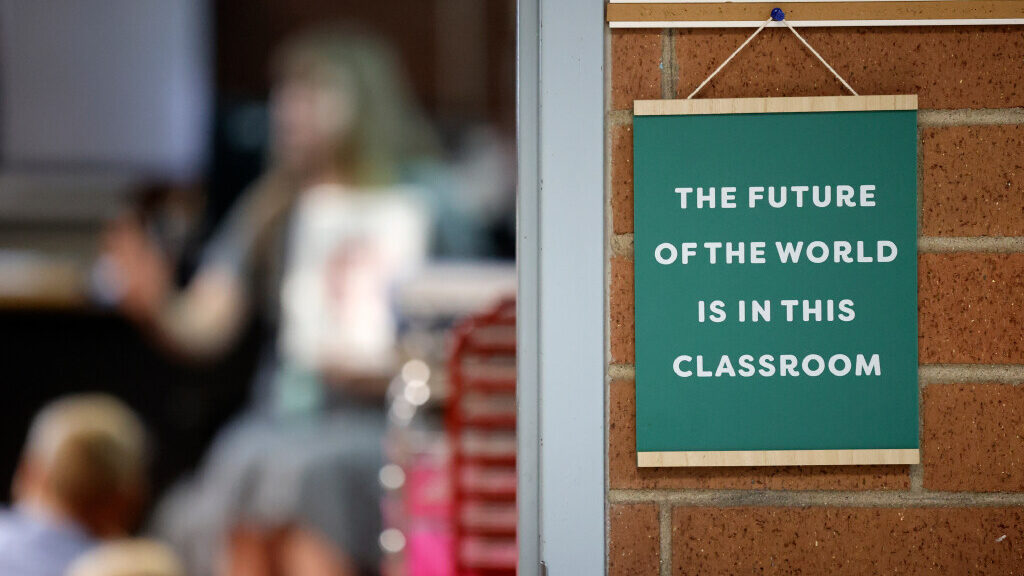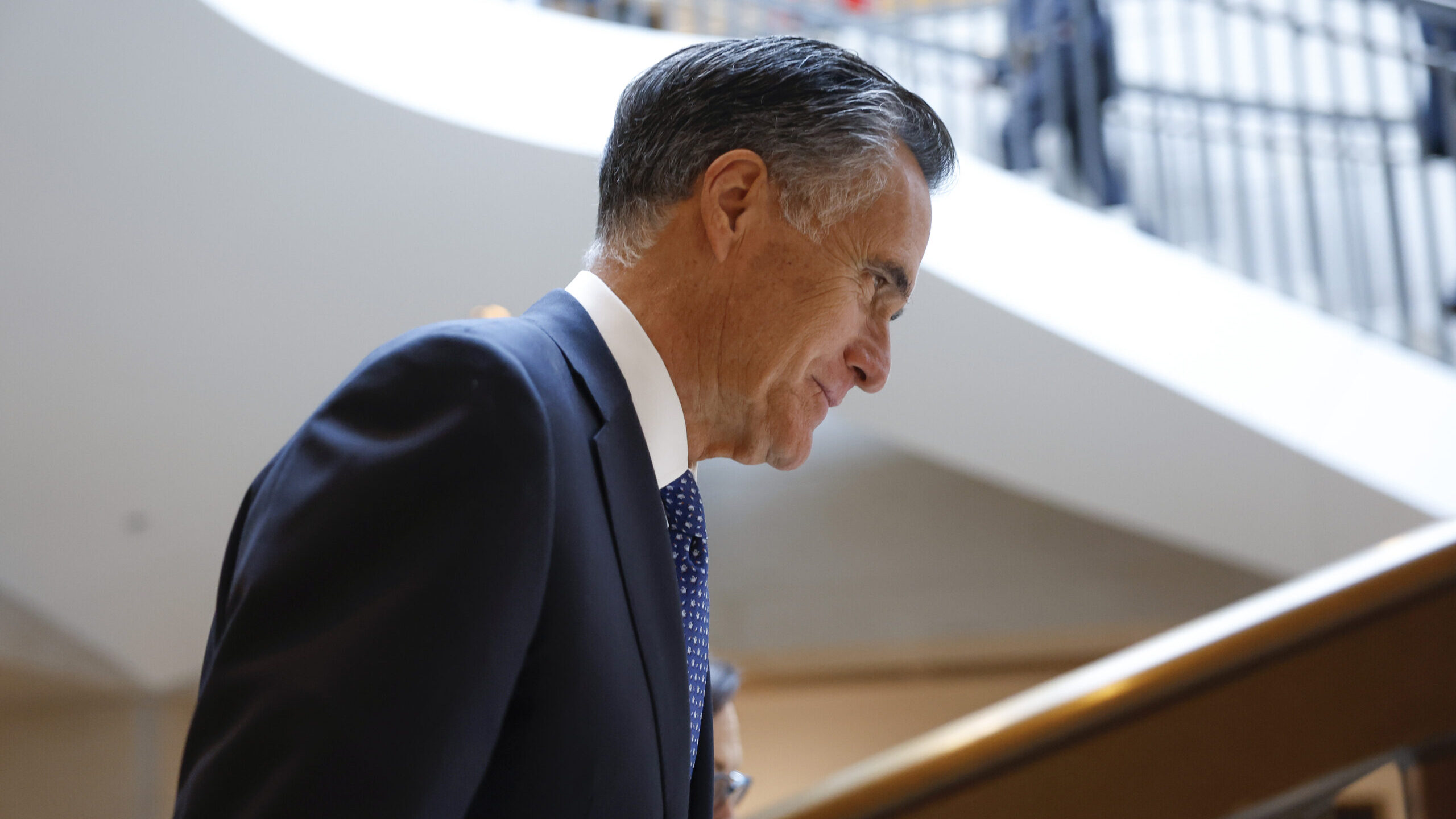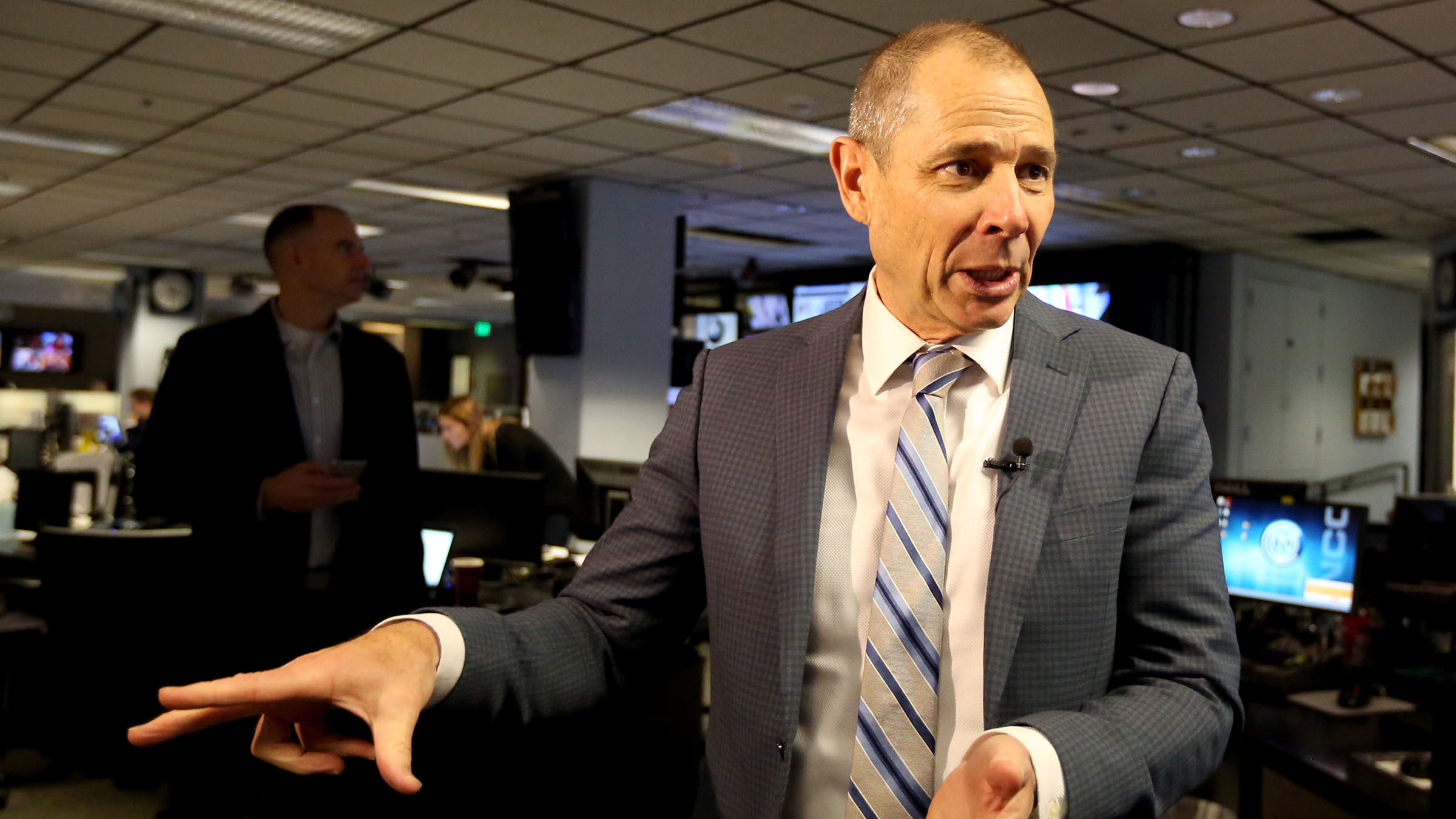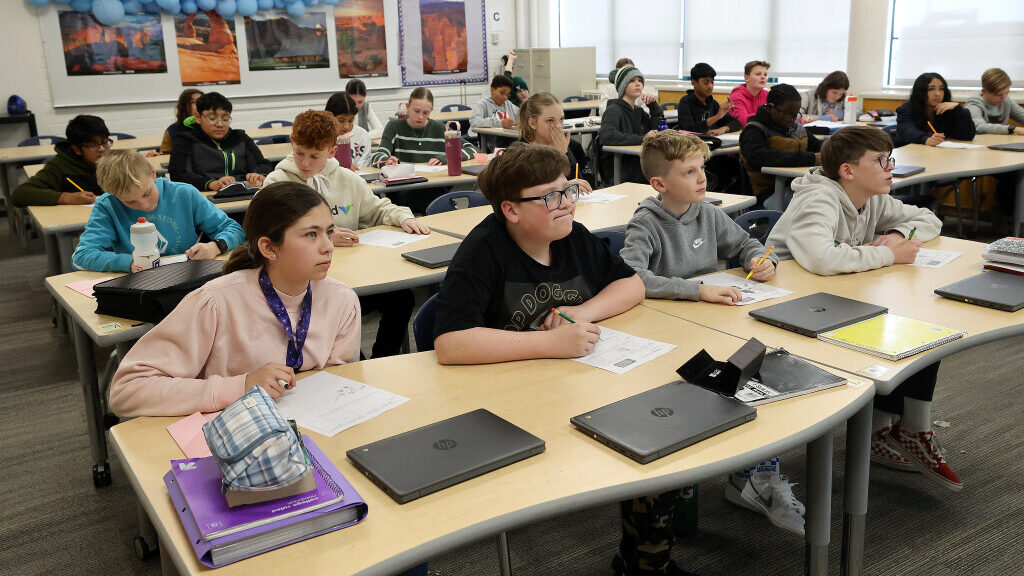Expert says Pentagon needs better method of classifying documents
Apr 25, 2023, 7:00 PM | Updated: 7:47 pm
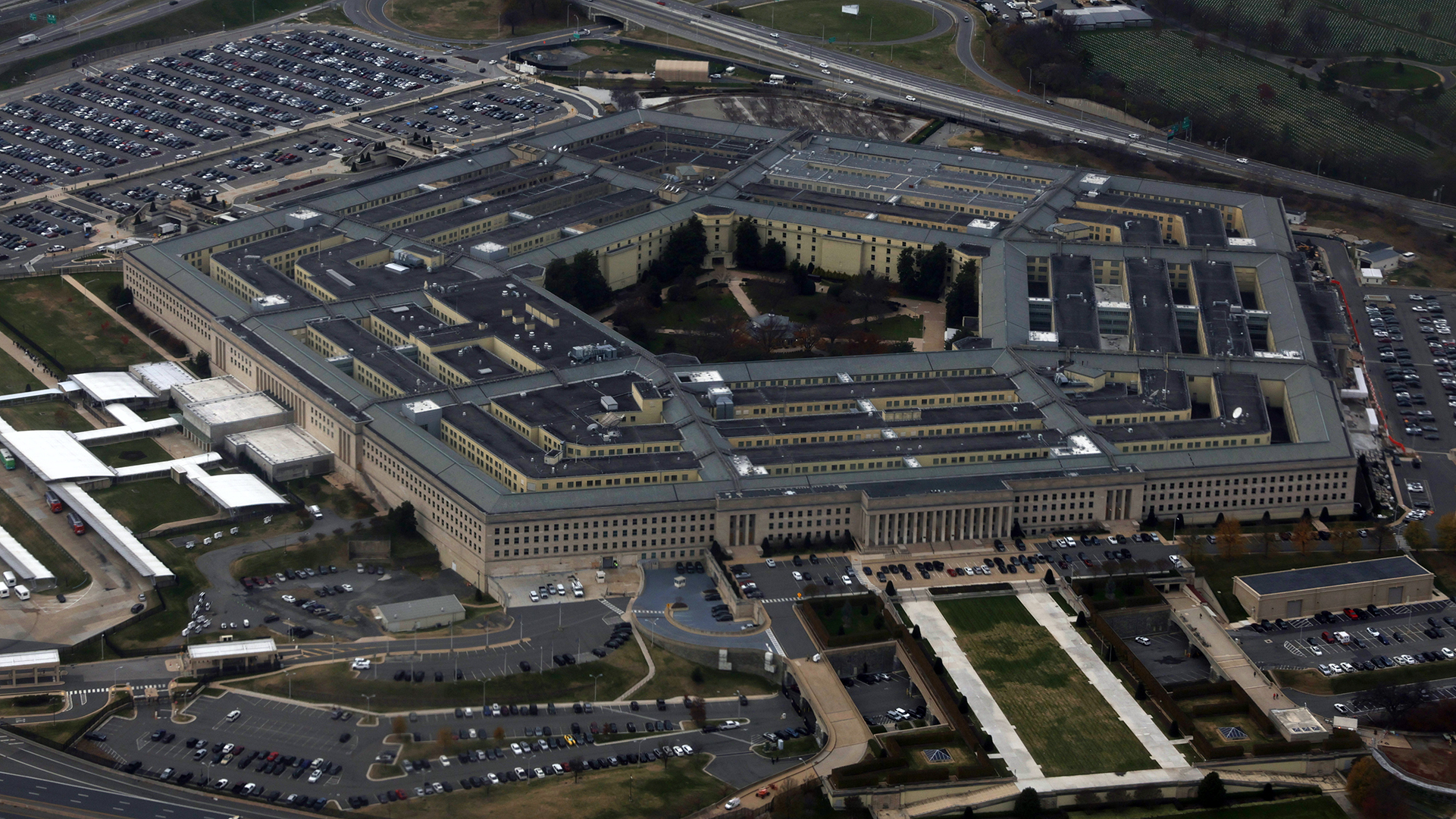
The Pentagon is seen from a flight taking off from Ronald Reagan Washington National Airport on November 29, 2022, in Arlington, Virginia. In wake of the recent leak of classified documents, the Pentagon is examining its policies. An associate professor at Utah Valley University joined Inside Sources Tuesday to talk about the situation,. (Alex Wong/Getty Images)
(Alex Wong/Getty Images)
SALT LAKE CITY — In the aftermath of the recent leak of classified documents in an online chat group, the Pentagon is examining its policies and who has access to such information.
Ryan Vogel, associate professor at Utah Valley University, joined Inside Sources with Boyd Matheson on Tuesday to discuss how the classification process works. Vogel is also the founding director of the Center for National Security Studies at UVU.
They also talk about what the government needs to do better in the future.
Matheson begins the conversation by asking, “How do we make sure we don’t overreact? But how do we make sure we actually protect that national security?”
“This is, I think, a really important discussion,” Vogel said. “Because you’re really balancing the public’s interest and the public’s right to know certain things with really tough national security issues that depend on classification to protect them.”
Limiting Pentagon documents
Vogel says the government tries its best to limit the people who have access to the information. However, it can often be a difficult process.
“We do try, as a government, to only allow access to information for people that we call a need to know that information,” he said. “But it is a tricky game because there are so many people that have security clearances. And even access to certain kinds of information. And we just have to do the best we can to ensure that it’s the right people and the right process is to protect that information.”
Matheson asked, “How do we make sure that we don’t over-course correct on that, which again would inhibit and undermine national security?”
“The thing that is difficult is that you’re asking the initial, either collector or author of a document to do a classification, right?” Vogel said. “To either determine whether it’s unclassified, whether it’s confidential or sensitive. Or, whether it’s actually classified as a secret, top secret or even beyond that level.”
Safer to overclassify material
Vogel goes on to say that it is safer for a person overclassify material. It allows the individual to avoid any prosecution.
“Because the consequence of it getting it wrong the other way is more severe, right?” he said.
Additionally, Vogel says there isn’t a lot of education or training within the government for individuals to make that kind of a decision.
“But that should the conversation be when it comes to a lot of these classified pieces of information?” Matheson asked.
“I think that a good, healthy conversation right now would be to really create better training,” Vogel said. “And better formulas for how to classify. And what level to classify if something reaches a certain threshold or some kind of harm if it were public.”
Listen to the entire segment.
Inside Sources with Boyd Matheson can be heard weekdays from 1 p.m. to 3 p.m. on KSL NewsRadio. Users can find the show on the KSL NewsRadio website and app.
Read more:



